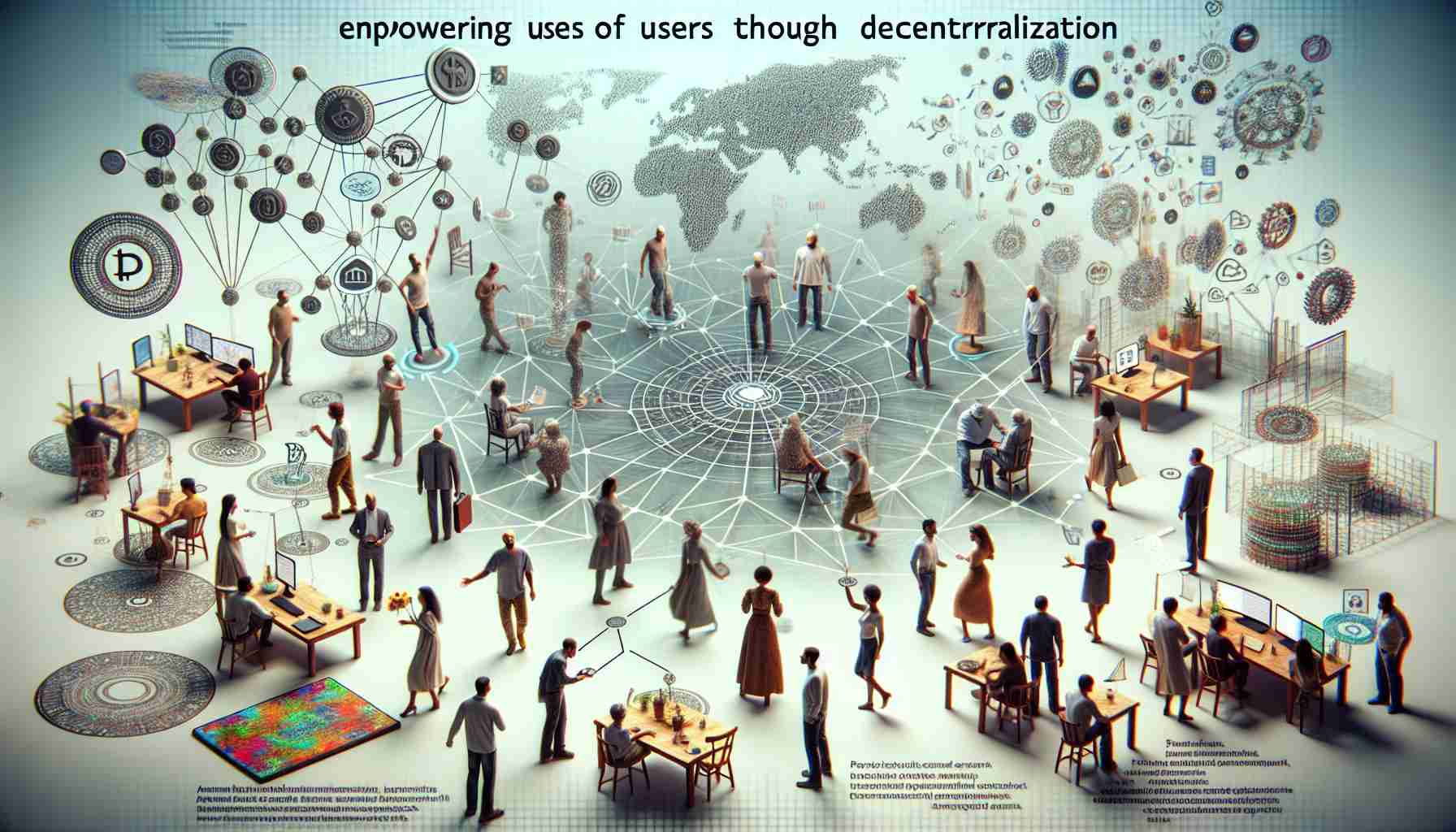The digital landscape of today presents a paradox – the more we explore the vast realms of the internet, the more we risk being surveilled. The era of data collection and targeted advertising has made online surveillance an omnipresent force, encroaching on our privacy and undermining our digital freedom. However, amidst this challenging scenario, there is a glimmer of hope in the form of blockchain technology.
Blockchain technology, often associated with transparency and immutability, holds the promise of reshaping the online ecosystem for the benefit of users. By leveraging decentralized networks and permissionless incentive mechanisms, blockchain can potentially revolutionize the way we interact and communicate online. This transformative power is exemplified in the realm of messaging applications, where traditional platforms’ centralized servers make them susceptible to breaches and surveillance.
Web3, the visionary concept of a decentralized internet, breathes life into the idea of user-centricity and data ownership. In this new paradigm, individuals have the autonomy to control their data, determining who can access it and for what purposes. Smart contracts and decentralized applications herald a future where intermediaries are replaced by secure, transparent systems, mitigating the risks of unauthorized access and data breaches.
The essence of decentralization lies in fostering a trustless environment where security and privacy are intrinsic features of the network. By eliminating single points of failure and distributing power among multiple nodes, decentralized networks ensure that user data remains secure and operational even in the face of potential compromises. This shift from trust-based models to trustless architectures is pivotal in the ongoing battle against online surveillance.
As we navigate the complexities of the digital age, it is imperative to champion privacy and empower individuals to reclaim their online freedoms. Embracing decentralization is not merely a technological trend but a fundamental step towards shaping a digital world that respects privacy, enforces transparency, and upholds the rights of users. The evolution towards a decentralized, user-centric internet beckons a future where individuals can engage online without the looming specter of surveillance overshadowing their interactions.
Additional Facts:
– Blockchain technology was first introduced as the underlying technology for the digital cryptocurrency, Bitcoin.
– Decentralized finance (DeFi) is a fast-growing sector within the blockchain space that aims to create a more open and accessible financial system.
– The concept of decentralized autonomous organizations (DAOs) leverages blockchain technology to create organizations run by smart contracts and governed by token holders.
Key Questions:
1. How can decentralized technologies ensure data privacy and security for users?
2. What role does user empowerment play in the advancement of decentralized systems?
3. What are the potential regulatory challenges associated with decentralization in the digital realm?
Challenges:
– Scalability: Decentralized systems often face challenges in scaling to accommodate a large number of users and transactions.
– User Experience: The transition to decentralized platforms may require users to navigate unfamiliar interfaces and concepts.
– Regulatory Uncertainty: The legal landscape surrounding decentralized technologies is evolving and may pose challenges in terms of compliance and governance.
Advantages:
– Enhanced Security: Decentralized systems are more resilient to cyber attacks and data breaches due to their distributed nature.
– Data Ownership: Users have greater control over their personal information and can choose how it is shared and used.
– Transparency: Decentralized systems offer increased transparency through immutable data records and publicly auditable transactions.
Disadvantages:
– Speed and Efficiency: Some decentralized networks may struggle to match the speed and efficiency of centralized platforms.
– Adoption Hurdles: Encouraging widespread adoption of decentralized technologies may require overcoming user inertia and building trust.
– Governance Challenges: Decentralized systems often face governance issues related to decision-making processes and resolving disputes.
Suggested Links:
– Coindesk
– Bloomberg
– TechCrunch
